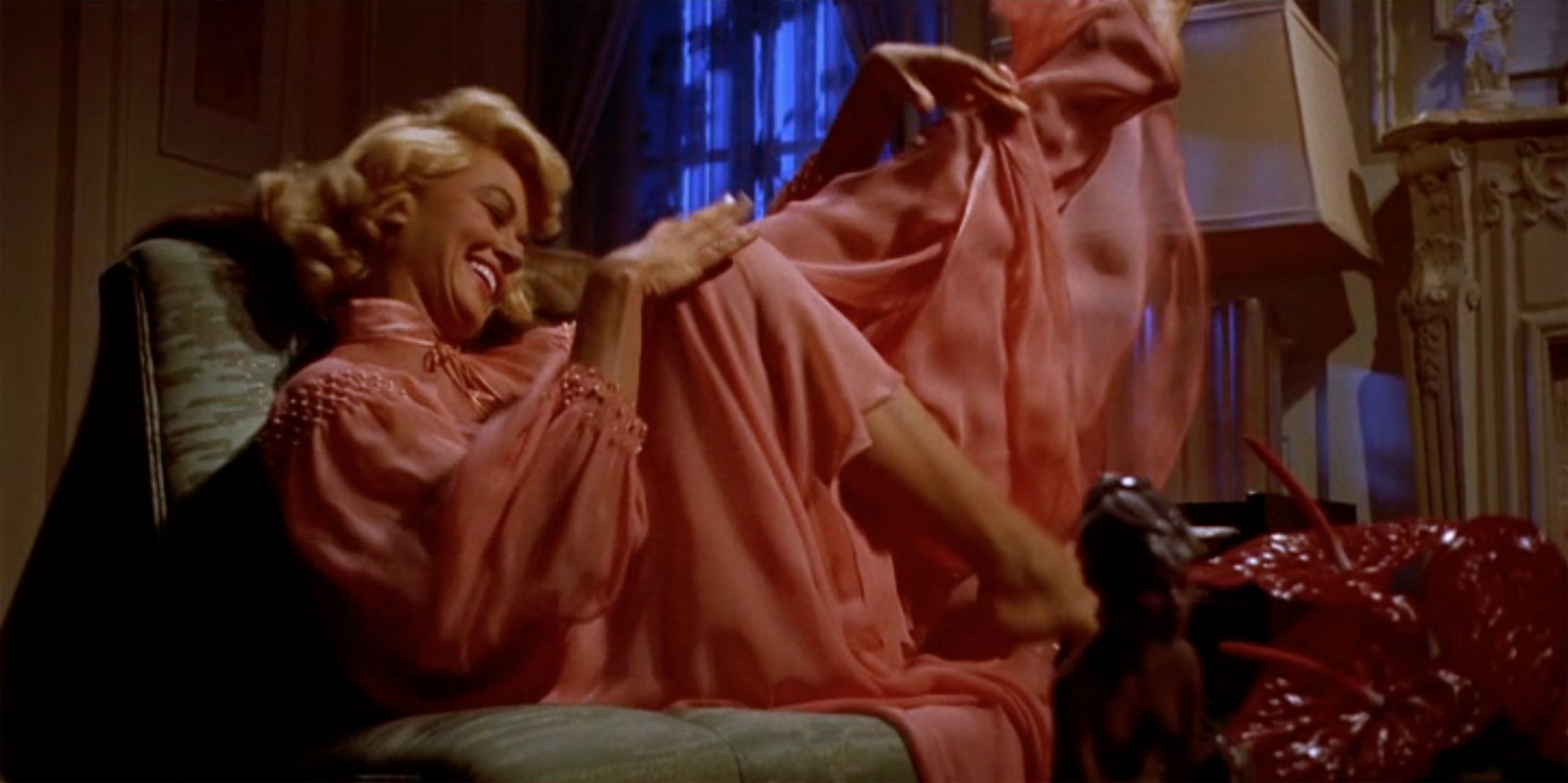Film Matters is pleased to announce that judging for the 2020 Masoud Yazdani Award for Excellence in Undergraduate Film Scholarship is underway. Articles under consideration are from the following fine institutions:
- Arizona State University
- Chapman University
- City University of New York/Queens College
- Ithaca College
- Jawaharlal Nehru University
- Queen Mary University
- Rhode Island College
- SUNY Geneseo
- Swarthmore College
- University of Alberta (3)
- University of North Carolina Wilmington (6)
- University of Warwick
- University of Waterloo
- Washington University in St. Louis
The award is nothing without the hard work of our volunteer judges:
Alexis Dickerson is currently pursuing her MA of Film Studies at the University of North Carolina Wilmington (UNCW). She graduated with a BA in Film Studies from UNCW in 2018. Her area of focus is how film theory and techniques have been and are influenced by social media content.
Anya Ekaterina is a Film Studies MA student at the University of North Carolina Wilmington. A painter, photographer, and film essayist, she is deeply passionate about women-authored media. Fascinated by child-centric cinema, she is particularly interested in researching portrayals of feminine adolescence in French cinema.
Matthew Johnson is a postgraduate student at Victoria University of Wellington working toward a Master of Arts degree. His current thesis concerns French Impressionist aesthetics and theoretical applications in the contemporary films of Terrence Malick. Beyond his present work, he hopes to pursue an academic career in research and education.
Genie Mason is a graduate student born and raised in Raleigh, NC. She earned her undergraduate degree in Film Studies and Sociology at the University of North Carolina Wilmington. Genie is interested in studying films from a sociological perspective, utilizing sociological theory to understand the impact films have on society. Apart from studying films, she enjoys creating her own experimental and documentary films. Her other interests include rugby, photography, poetry, and traveling.
Matthias Smith is a graduate student at the University of North Carolina Wilmington, where he is majoring in Film Studies. He graduated with a BA from Columbus State University with a double major in History and Art History. He has previously interned and worked as a film archivist at the Columbus State University Archives. His area of focus is classical Hollywood cinema, but he also has research interests in gender and sexuality in film. He has presented his research on Nancy Drew in film and television at the 2018 Stars and Screen conference and is preparing his research for possible publication. Matthias is an AVID certified user, and enjoys reading in his spare time.
But, as always, we will be enlisting the aid of additional judges, as needed, to ensure a fair process in the event of recusals!
Many thanks to our 2020 judges for the service they are providing! And we look forward to announcing the results late 2020/early 2021.
Stay healthy!













































